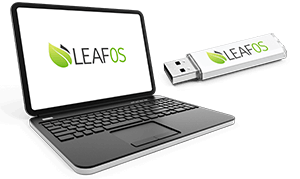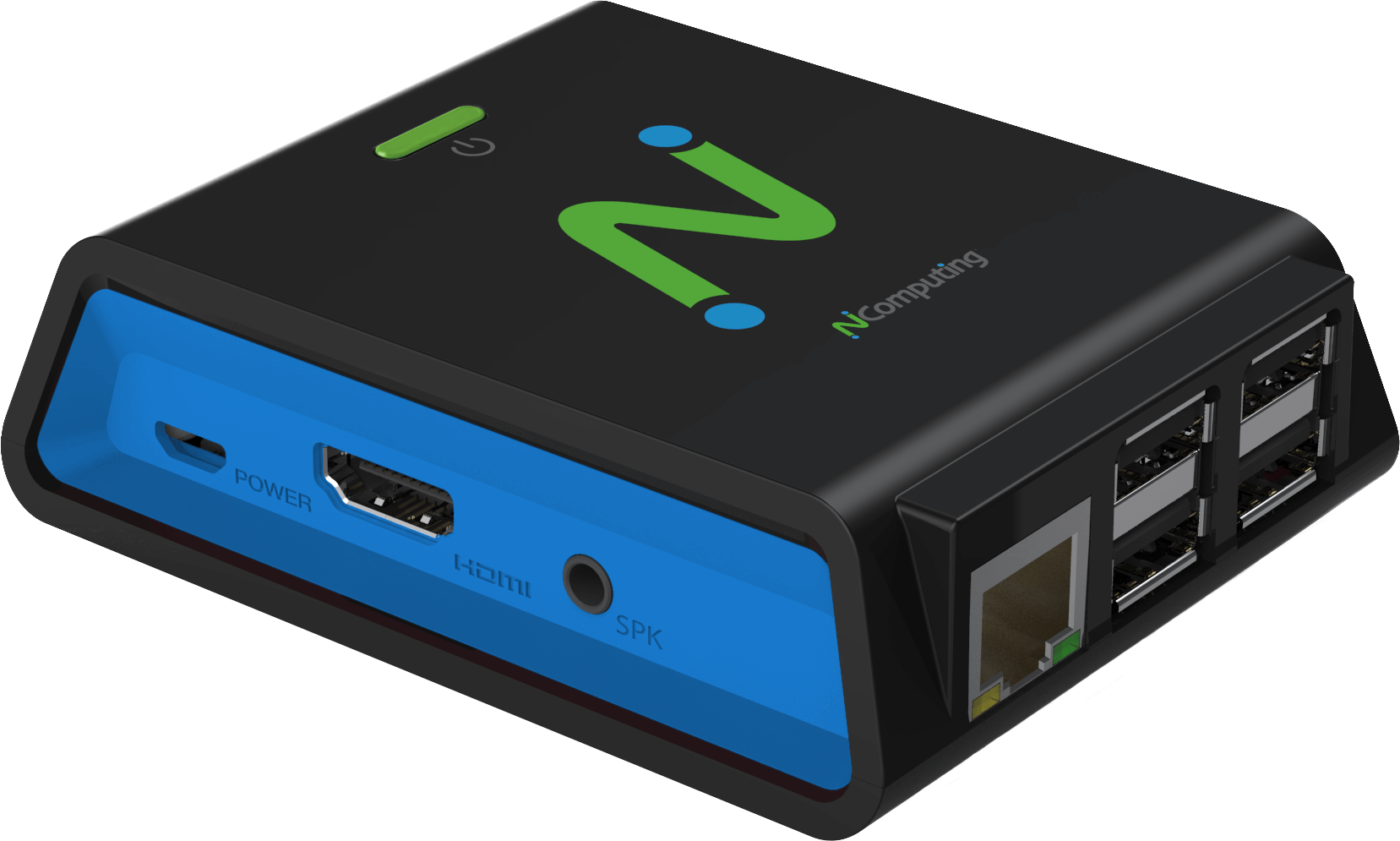Republic of Macedonia
Once considered the least developed of the former Yugoslavian republics, Macedonia is leaping into the 21st century. Thanks to low-cost virtual desktop technology from NComputing, Macedonia is the first country ever to provide 1:1 computing (one computer per student) to its entire public school population.
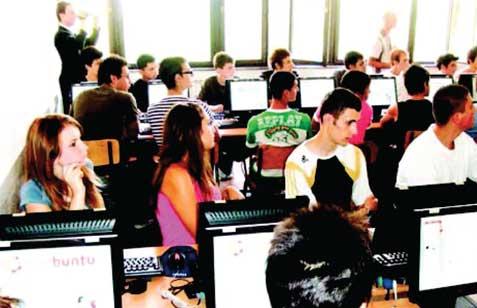
Macedonia is the first country ever to provide 1:1 computing for an entire school population.
Toward a Knowledge-Based Economy
Computers are taking a leading role in education. The Macedonian government wants to create a knowledge-based economy and is undertaking a series of bold steps to make that happen. A key step is to give every student in the nation (all 360,000 of them) access to a computer.
“The Computer for Every Student” initiative is the largest and the most important education undertaking in the 15-year history of the Republic of Macedonia,” said Ivo Ivanovski, the country’s Minister for the Information Society, who is driving the project.
The program will have a profound effect on how lessons are taught. All science, math, biology, and chemistry classes will include some online component, according to Ivanovski.
Laptops Are Too Expensive
But how to make it a reality? Like many developing nations, Macedonia has limited funds and infrastructure. If the cost of the program came in too high or required too complex an implementation, it wasn’t going to happen.
The country began its search with low-cost educational laptops. But at $175 per laptop, the price came out to a whopping $63 million. And it didn’t stop there. The school system would need an additional 20,000 laptops each year for newly enrolled students, not to mention replacing those computers that get damaged, lost, or stolen. Finally, the costs for providing ongoing maintenance and support for so many individual laptops drove Macedonia to look for a more affordable option.
They chose the NComputing X-series. The X-series use regular PCs and inexpensive virtual desktops, and are a fraction of the cost of providing a laptop to every child.
Choosing Linux
Two NComputing X-series kits enable seven students to use a single PC simultaneously. An X-series kit includes a PCI card and three small access devices (one per student) that connect to the PCI card via a standard CAT5 cable. Each device has ports for connecting a monitor, keyboard, mouse, and speakers. A seventh user works directly on the shared PC. NComputing supports Windows and Linux, and Macedonia is running Ubuntu Linux, a free operating system, on their shared PCs. In addition, each computer is installed with OpenOffice, Mozilla Firefox and Thunderbird, Evolution, and Wine.
The entire rollout will include 160,000 access devices and 20,000 NComputing enabled PCs. The logistics are massive. Fortunately, virtual desktops, which make up a vast majority of the seats, install in minutes. And the solution itself requires little training. Typically, a staff teacher with some PC experience can learn the system in a few hours.
The NComputing X-series offers significant cost advantages over individual PCs. It requires 90% less electricity to run and greatly reduces maintenance and replacement costs. And with NComputing, only 20,000 computers will need to be upgraded five years down the road.
With the help of NComputing, computer access will be a part of everyday life for a growing generation of Macedonian children. And the country will meet its goal of having an entire workforce educated in using information and communication technology in the next five years.

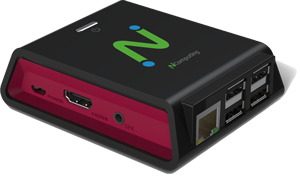
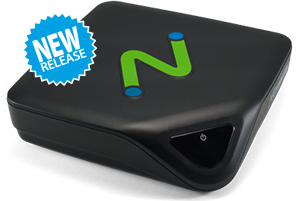
-menu.png)
